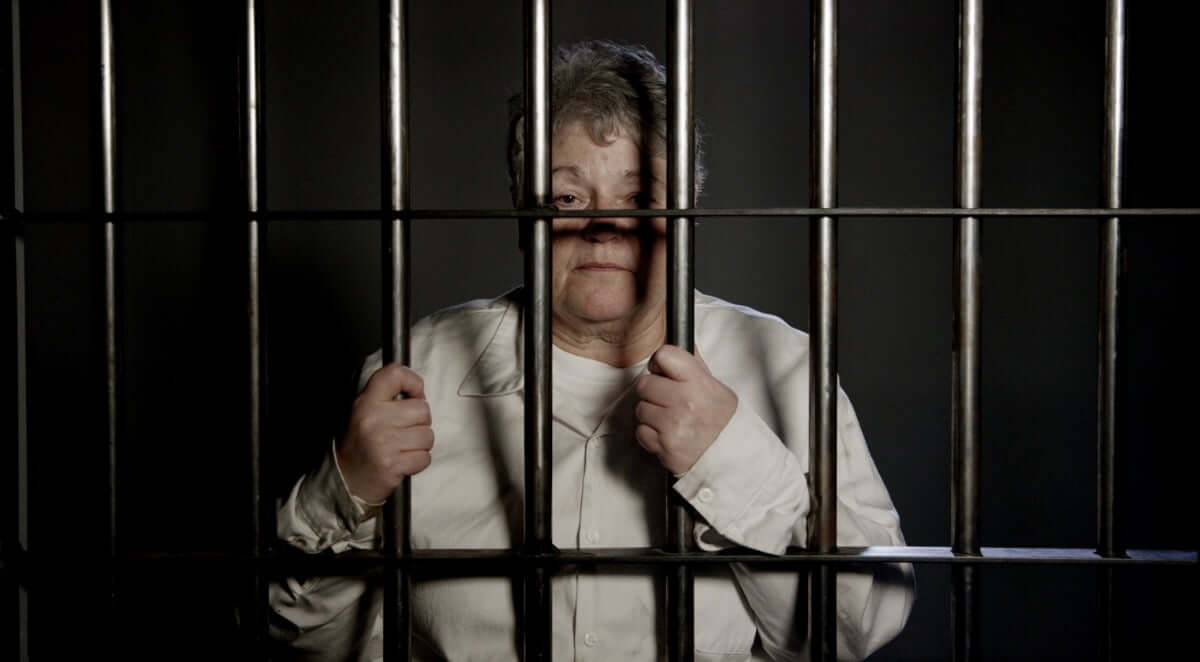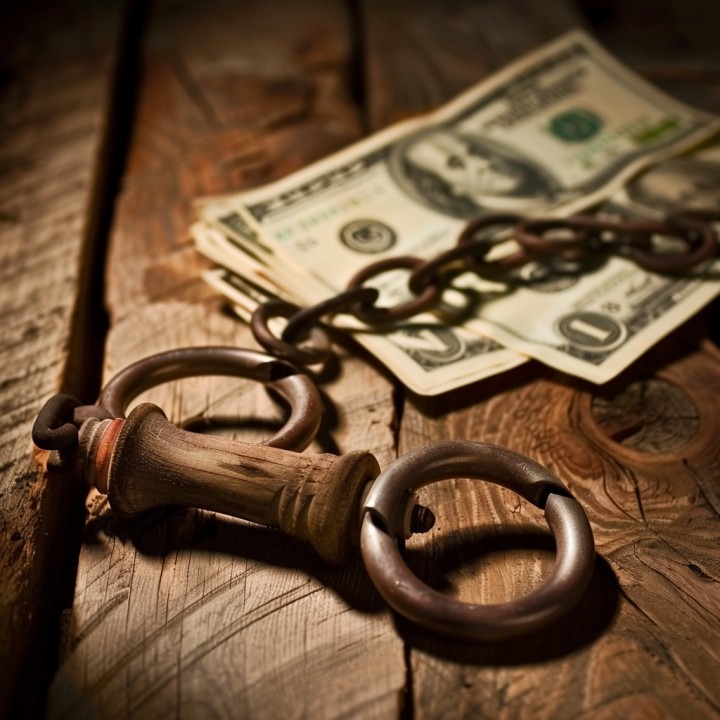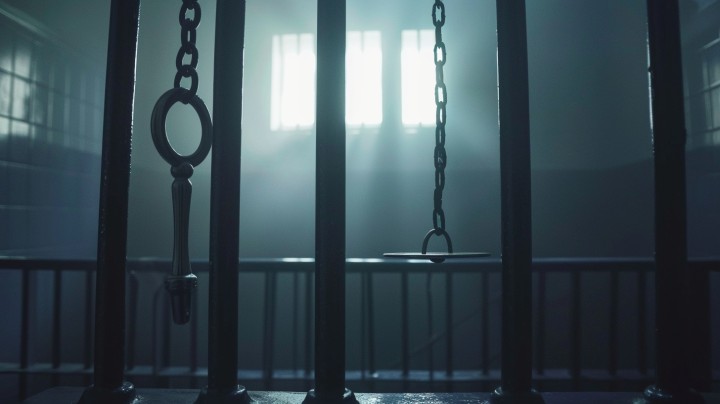Recidivism is the likelihood that someone charged with a crime will re-offend if they are sent to jail or prison. Unfortunately, the odds of that are quite high. Nationally, 77 percent of convicts re-offend within five years of release.
That constant cycle of incarceration can do permanent damage to your life and happiness. And, as it turns out, it’s not the only consequence of staying in jail until your trial date that you may face. In this article, we explore the repercussions of recidivism in Texas jails and what to do instead of awaiting your court date from behind bars.
Your Sentence May Not Include Jail Time
The first and most obvious problem with staying in jail until your trial is that you could be over-sentencing yourself. Crimes that are misdemeanors or low-level felonies in nature often do not result in any jail time whatsoever. Trial dates, on the other hand, can be many months down the road. This means defendants may suffer the effects of recidivism, just to be found not guilty.
If your sentence is likely to be reduced or pled down, then you’re serving unnecessary jail time. That takes time away from other responsibilities in your life. It also exposes you to the possibility of recidivism. People who spend more time in jail have the potential to be corrupted or influenced by violent offenders and are more likely to re-offend once they re-enter society.
Jails Are Unpleasant at Best and Dangerous at Worst
Jails include an assortment of individuals, many of whom you’d do best to avoid. While state penitentiaries house the most dangerous criminals over longer periods of time, county detention centers are used for holding until transport.
That means not everyone you encounter in jail will be a non-violent offender. Furthermore, the pay of detention center workers is often very low with an even lower barrier to entry. This leads to inadequate supervision and makes the stakes of something dangerous occurring even greater.
Staying Put Can Give Off the Impression of Guilt
Another problem with staying in jail until your trial date is that you can give off the impression that you’re guilty to others. The judicial system is not supposed to let things like this influence decision-making, but there is no safeguard against public perception.
Even if everything stays above board with your case, the impression of guilt can filter into other areas of your life. This can harm your and your family’s reputation and influence how you are treated by employers and other people with influence over your situation.
Incarceration Leads to Loss of Income
Employers are under no obligation to stand by you as you sit in jail awaiting your trial date. While laws may protect the innocent to some degree, employers have protections as well. They can’t sit idly by while an essential position within their organization goes unmanned.
That’s why many have established procedures from the outset of employment. They can require you to make sure shifts are covered and proper notifications are made in a timely manner. If you’re staying in jail, it’s difficult to adhere to employer specifications.
Places Loved Ones Into More Difficult Situations
Your family and loved ones stand a much better chance of avoiding the embarrassment and fallout from your arrest with you out on bail. The longer that you stay in, the more the pressure shifts to a spouse to make ends meet with a single source of income.
Furthermore, odds are not in your favor that word won’t travel to children and their friends. This can lead to ridicule and bullying at school and other places.
What You Say in Jail May Not Stay in Jail
Your attorney can only help you with so much. Yes, they might be able to keep you from saying anything potentially incriminating to law enforcement, but they can’t be with you 24/7 and serve your sentence alongside you.
The longer you stay in jail, the more opportunities for you to “slip up” and say something that can hurt your case. That’s because jailers are under no obligation to keep things to themselves. Your recorded words and actions within the detention center can be shared freely.
Getting Out On Bail Gives You The Advantage Of Time
Getting out of a holding cell as soon as possible does more than just temporarily give you back your freedom. It also gives your defense time to establish conversations with the prosecution.
Prosecutors have many cases that they need to clear from their dockets. Finding the balance between fast adjudication and reasonable repercussions works to their advantage. As a result, they’re more likely to negotiate if they know they’re not dealing with a career criminal and slam-dunk guilty verdict.
Bail Gives You the Chance to Establish Good Behavior
Perhaps the best reason to get out of jail before your trial date is the pattern of good behavior that it can help to establish. Again, it may be months before your trial date.
If you can post bail ASAP, then you can use that time to resume employment, take on community service projects, and just generally show that you’re a responsible citizen. As a result, guilty or not, a judge is likely to be impressed by this. Additionally, prosecutors will be more likely to reduce charges.
Your Time Is Valuable. Recidivism Is Dangerous.
You risk more than you may realize when sitting in a jail cell. Take care of yourself, your loved ones, and your future situation by posting bail as soon as you can. If you’re in the areas of Dallas and Collin counties and wondering where to start, we’re here to help. Contact Delta Bail Bonds, the leading bail bonds agency in Texas, today.






